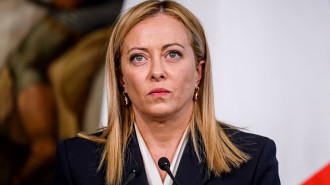Lebanon to elect president only after war ends: Speaker Berri
Electing a president cannot happen while Lebanon remains under an Israeli offensive, the country's parliament speaker said on Wednesday as religious leaders called for an end to the presidential deadlock.
Lebanon's rival political parties have tried to revive talks to reach a settlement that could finally see parliament elect a president after a nearly two-year vacuum.
A five-member committee made up of the US, France, Qatar, Saudi Arabia and Egypt has tried to reach a breakthrough in the presidential crisis but stark differences remain between Lebanon's sectarian rulers – some of them warlords who have governed for decades.
But in light of Israel's offensive, Speaker Nabih Berri said parliamentary sessions to elect a president cannot happen if Hezbollah's 13 lawmakers are unable to attend these sessions as they are potential targets for Israel.
"Are there guarantees that they [Hezbollah MPs] will not be targeted on their way to the session, or even while they are in the House of Representatives, specifically the head of the bloc, MP Mohammad Raad? Are there guarantees that this will not happen?" Berri asked.
Berri made these remarks during a meeting with the UN Special Coordinator for Lebanon Jeanine Hennis-Plasschaert, who stressed the key to Lebanon's political crises which may lead to a ceasefire agreement with Israel was electing a president.
But responding to Berri's concerns about assassinating Hezbollah's politicians, Hennis-Plasschaert said: "No one can guarantee that this will not happen."
Israel has already eliminated Hezbollah's command structure, killing the group's leader Hassan Nasrallah and many of its top commanders.
A strike on a southern Beirut suburb earlier this month reportedly tried to assassinate Nasrallah's speculated successor, Hashem Safieddine.
Another strike in Beirut last week allegedly attempted to kill the group’s liaison and communique head Wafik Safa. The latter strike killed at least 22 people. The fates of Safa and Safieddine remain unknown.
Iran-backed Hezbollah and its close Shia ally Berri, also leader of the Amal Movement, have clung to Marada Movement leader Sleiman Frangieh for the presidency. Frangieh – and other candidates – have failed to secure the required number of votes.
But since Israel began its full-blown war in Lebanon last month, Hezbollah has authorised Berri to deal with the presidential matter on its behalf, signalling the chance that Frangieh's candidacy could be dropped to reach a consensus and find a president who doesn't pose a "challenge" to anyone.
Hezbollah, which has been dealt a series of heavy blows in a month of intense Israeli bombardment, seems concerned that its rivals will try to capitalise on its weakening in the war.
The group has repeatedly said it wants a president who will "not stab the resistance in the back," and has warned political factions against trying to serve "American and Israeli interests" seeking to usher in political change in Beirut.
Its biggest rival, the Christian Lebanese Forces led by Samir Geagea, has called for a president and UN Resolutions to be swiftly implemented in south Lebanon – something Hezbollah says will not guarantee protection from Israeli aggression.
UN Resolutions 1559, 1608 and 1701 would ultimately see Hezbollah disarmed and pushed back from the Lebanese-Israeli border, something Hezbollah has refused to do.
Geagea has denied he wishes to see any attempts to exclude Hezbollah from political life or ostracise the Shia community but has urged the group to give up its arms and help elect a president.
Bkerki summit calls for unity
Meanwhile, religious leaders from Lebanon's different communities urged for the election of a president during a spiritual summit held on Wednesday.
The gathering was called for by the head Maronite Church, Patriarch Bechara al-Rai, and took place at the seat of the church in Bkerki, a small mountain village northeast of Beirut.
It urged "the Lebanese to carry out their duties towards their country, the first of which is the restructuring of constitutional institutions, especially for the House of Representatives to immediately begin electing a President of the Republic."
It added this president must be someone "who enjoys the confidence of all the Lebanese [sects], in compliance with the provisions of the Constitution, with the greatest amount of understanding and consensus, with a unified Lebanese will, in accordance with the spirit of the National Charter, and with national interest prevailing over foreign interests."
The summit also called for the UN Security Council to meet immediately and to vote on a ceasefire and support the Lebanese army’s deployment in the south.
Unlike a June gathering, representatives from the Supreme Islamic Shia Council attended the meeting, which analysts considered to be a positive step towards adopting a unified stance as the country faces war.
The Shia Council is considered close to Lebanon’s two main Shia parties, and tensions had simmered with Bkerki over its stance on Hezbollah’s arms. It had criticised Bkerki for taking a strong position against the "resistance" at a time when Lebanon was in grave danger from Israel, refusing Hezbollah to give up its arsenal.
Rai has long called for the disarmament of Hezbollah and armed factions – named Palestinian – in Lebanon and said Hezbollah was dragging the country into a war it did not want, in reference to the current war with Israel.
Mired by sectarian differences for decades, Rai and other Christian officials have often accused Hezbollah and its allies of attempting to keep the top Maronite position in the country – the presidency – vacant for their own political interests, harming Lebanon’s delicate power-sharing structure.
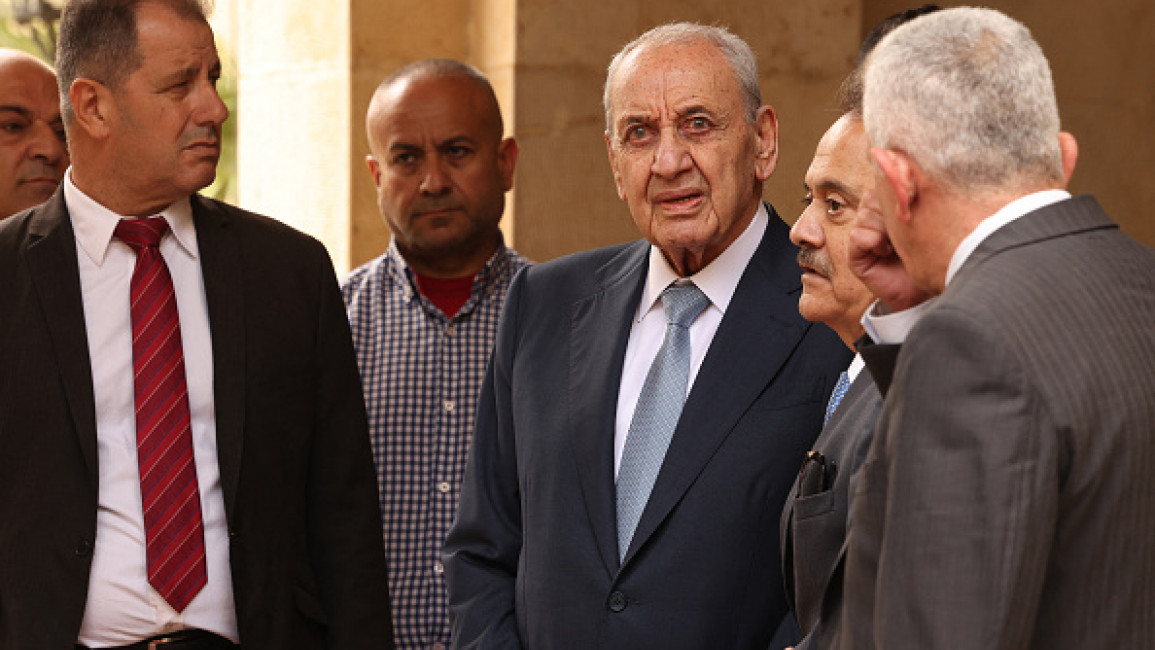
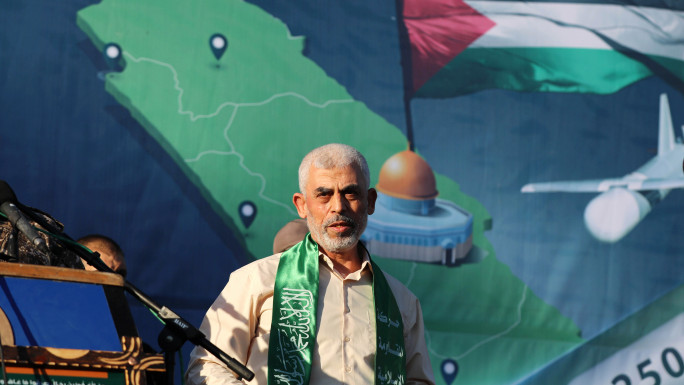
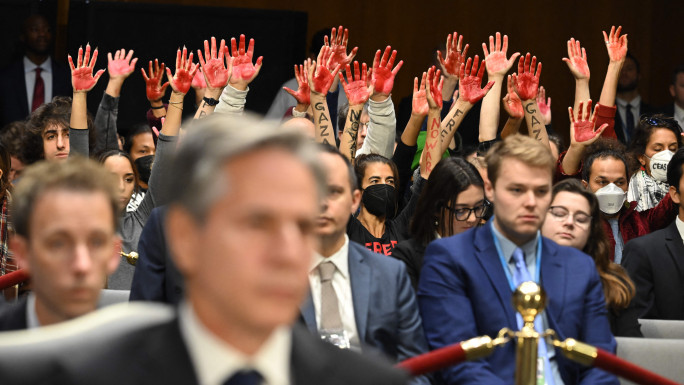
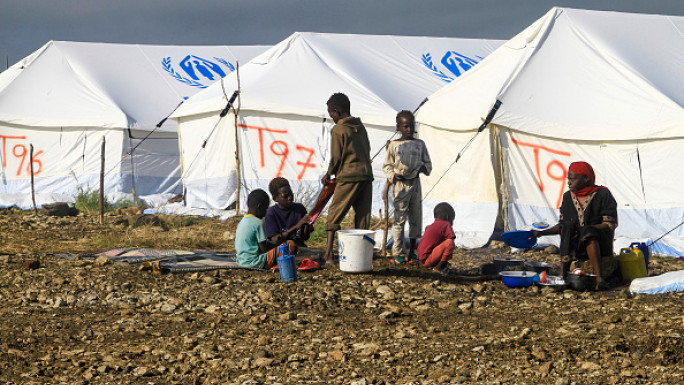
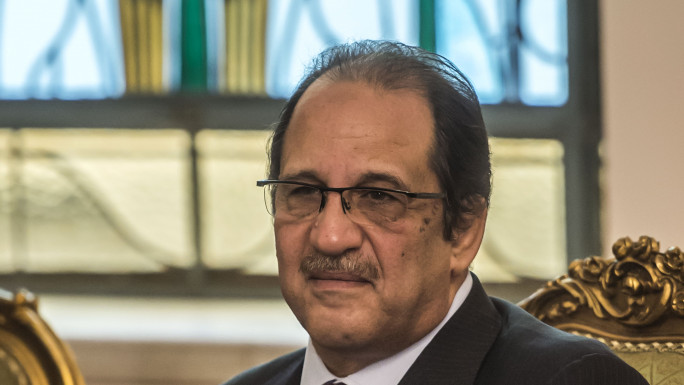
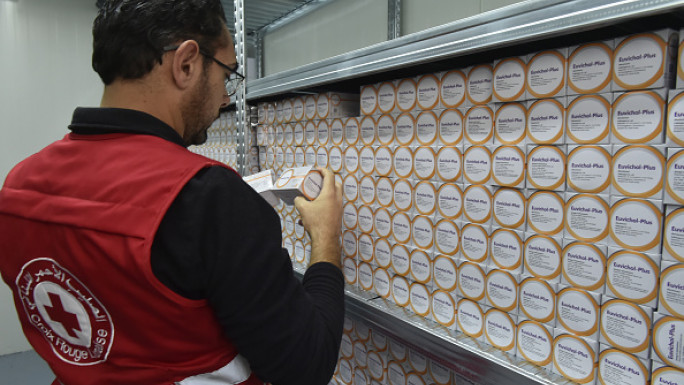

![Adelson has given the Trump campaign a total $100 million this year [GETTY]](/sites/default/files/styles/image_330x185/public/2173361018.jpeg?h=199d8c1f&itok=-kUE-Ny1)
